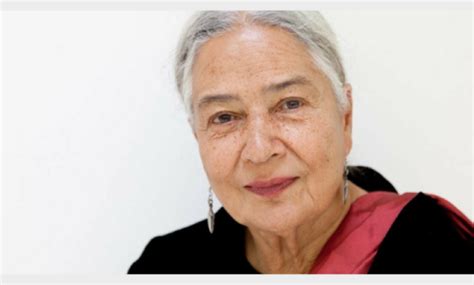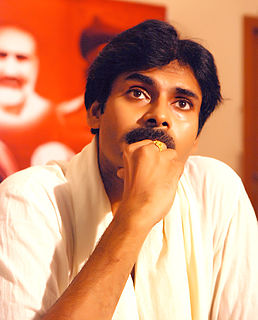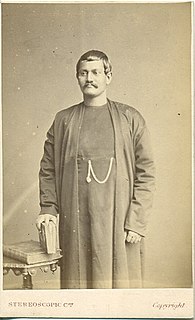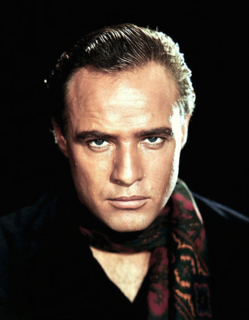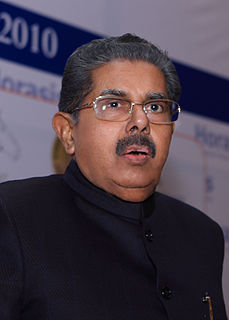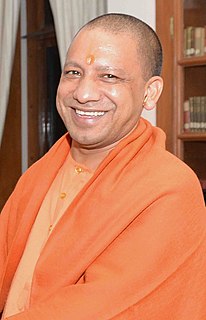A Quote by Anita Desai
Many characters in the novel are representative of types that exist in India. He represents the caste system in India with an air of superiority, the caste system in India and the people thinking that western things are better.
Related Quotes
Anyway, what is a country? When people say, "Tell me about India," I say, "Which India?.... The land of poetry and mad rebellion? The one that produces haunting music and exquisite textiles? The one that invented the caste system and celebrates the genocide of Muslims and Sikhs and the lynching of Dalits? The country of dollar billionaires? Or the one in which 800 million live on less than half-a-dollar a day? Which India?"
Caste is a delicate issue. It's ubiquitous, and we are full of it. We should start to change things from individual level. But when you go to people and deny caste, they may not react favourably. I think if a decisive percentage of people, especially elites, start marrying out of their caste, we may see a casteless India in a generation's time.
That the caste system must be abolished if the Hindu society is to be reconstructed on the basis of equality, goes without saying. Untouchability has its roots in the caste system. They cannot expect the Brahmins to rise in revolt against the caste system. Also we cannot rely upon the non-Brahmins and ask them to fight our battle.
